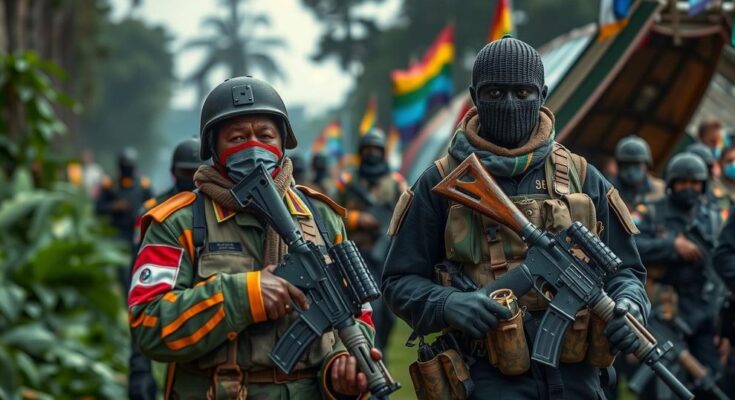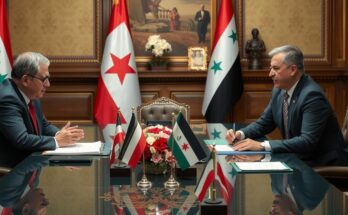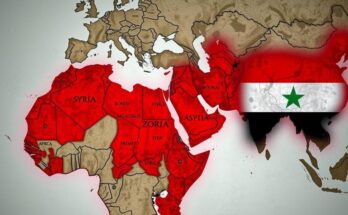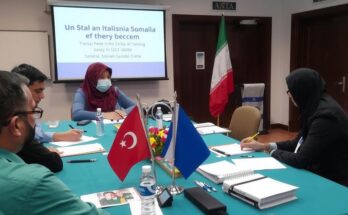Rwanda-backed M23 rebels have intensified their offensive in eastern DRC despite a ceasefire, leading to accusations from the Congolese army that Rwanda is exploiting the truce for territorial gains. The M23 captured Kalembe and continues its advance towards Pinga, where local militias and the Congolese army are engaged in combat. Ceasefire violations have been frequent, drawing criticism from Angola and France.
In recent developments, Rwanda-backed rebels have escalated their activities in eastern Democratic Republic of the Congo (DRC), according to local sources reported on Thursday. The Congolese army has accused Rwanda of exploiting a ceasefire agreement to advance territorial claims. The M23 militia, primarily composed of ethnic Tutsi members, commenced a new offensive in late 2021, capturing significant areas in the DRC’s unstable eastern region, which has led to the displacement of thousands and a humanitarian crisis. Although a ceasefire was brokered between the governments of Kigali and Kinshasa in early August, hostilities have resumed, with the M23 aggressively advancing towards the key loyalist town of Pinga in North Kivu province. The DRC military command has affirmed that its forces are adhering to the ceasefire while alleging that Rwanda is taking advantage of the situation to commandeer local territories. Despite the general compliance with the truce by the armies of both countries, various armed factions associated with these military forces have frequently violated the agreement. Notably, the M23 seized the contested town of Kalembe on October 23 after heavy fighting with the Wazalendo coalition, which supports the Congolese army. Following these developments, the Congolese armed forces have reportedly dispatched reinforcements to confront the advancing M23 forces. As of now, no casualties from the ongoing clashes have been reported. The Angolan government, which facilitated the ceasefire agreement, has accused the M23 of blatant violations, and France has also condemned the persistent aggressive actions of the M23 militia. The eastern DRC, a region rich in mineral resources, has been marred by violent strife and the influence of competing rebel groups for nearly three decades.
The Democratic Republic of the Congo has experienced continuous turmoil for decades, particularly in its mineral-rich eastern regions, where numerous armed groups compete for control. The M23 rebel group, which is believed to be supported by Rwanda, has resurfaced amid this chaos, resulting in significant conflict and humanitarian issues. Despite attempts at negotiations and ceasefire agreements, the reality on the ground often involves violations of such agreements and ongoing confrontations between various factions, including those aligned with the DRC military and foreign-backed militias. The involvement of regional powers like Rwanda and Angola highlights the broader geopolitical stakes in this complex scenario.
In summary, the current situation in eastern DRC reflects ongoing tensions and conflicts rooted in historical grievances and external influences. The resurgence of the M23 militia, amidst allegations of ceasefire violations and territorial ambitions, underscores the fragile security environment in the region. The complexities involved reveal the intricate dynamics at play, necessitating a concerted effort from local and international stakeholders to address and ameliorate the persistent crisis. A continued focus on conflict resolution and humanitarian assistance remains essential to stabilize the affected populations.
Original Source: www.barrons.com




